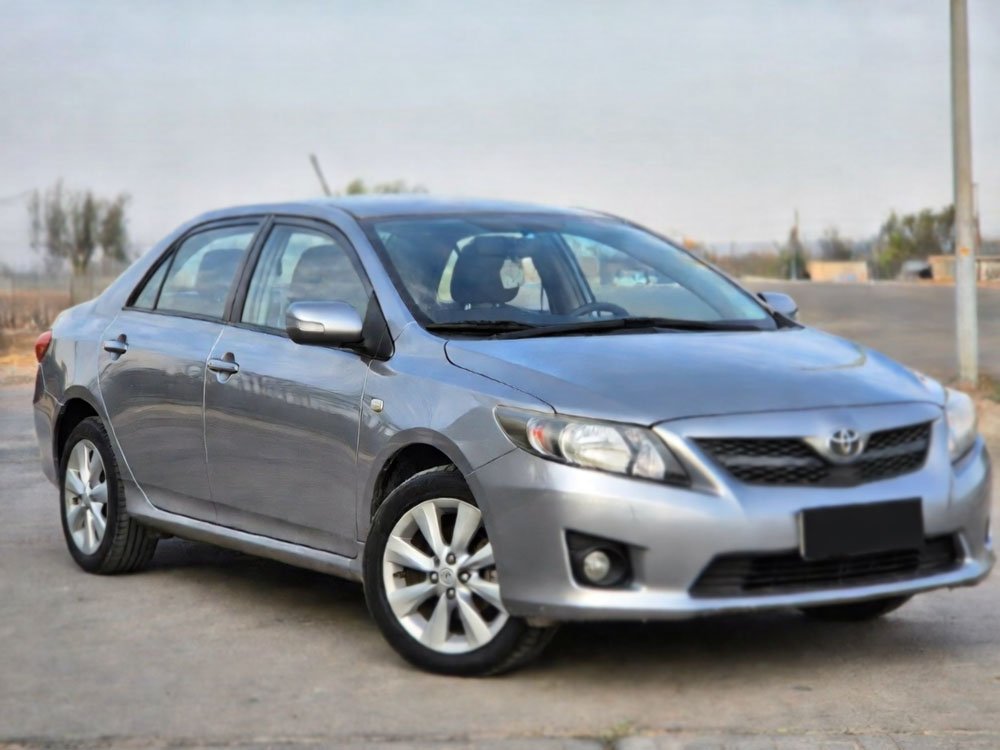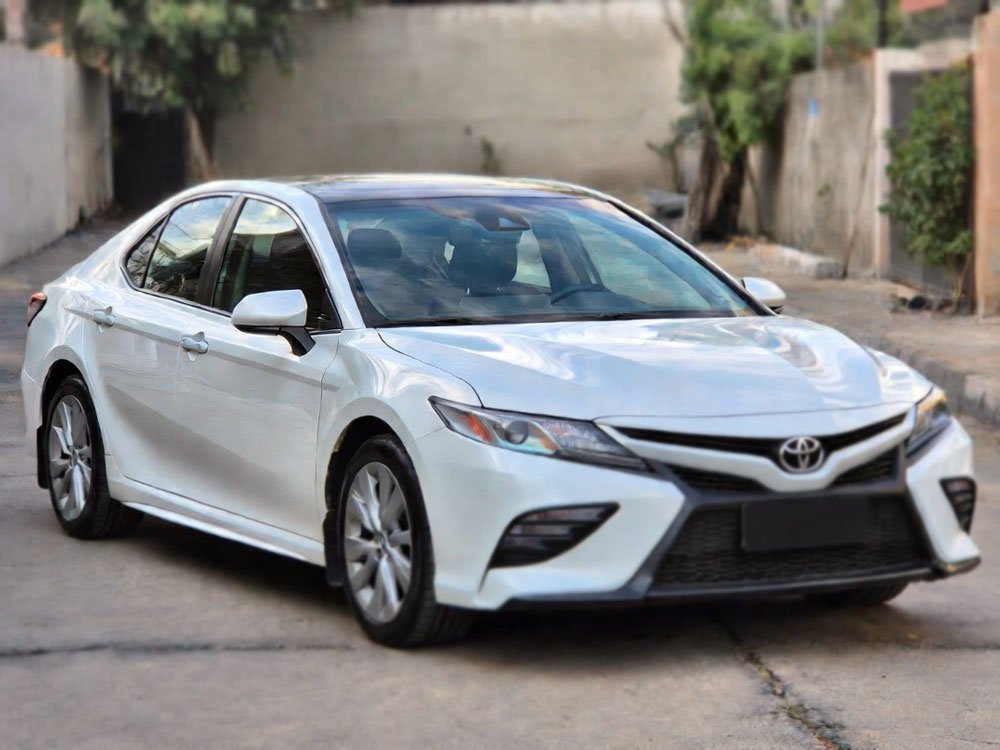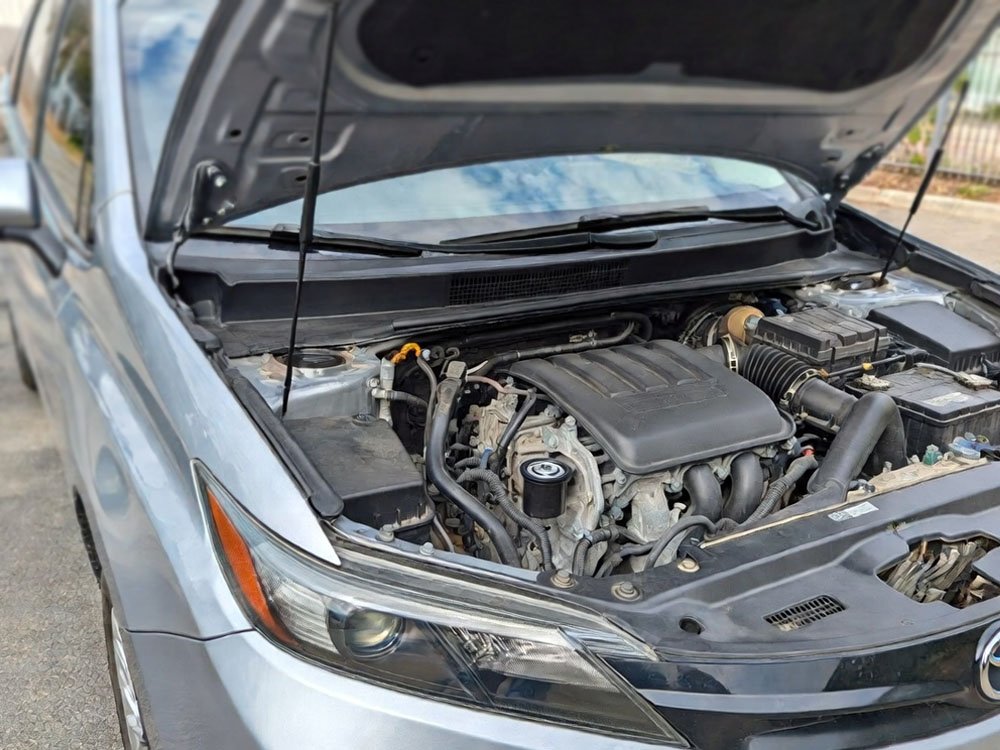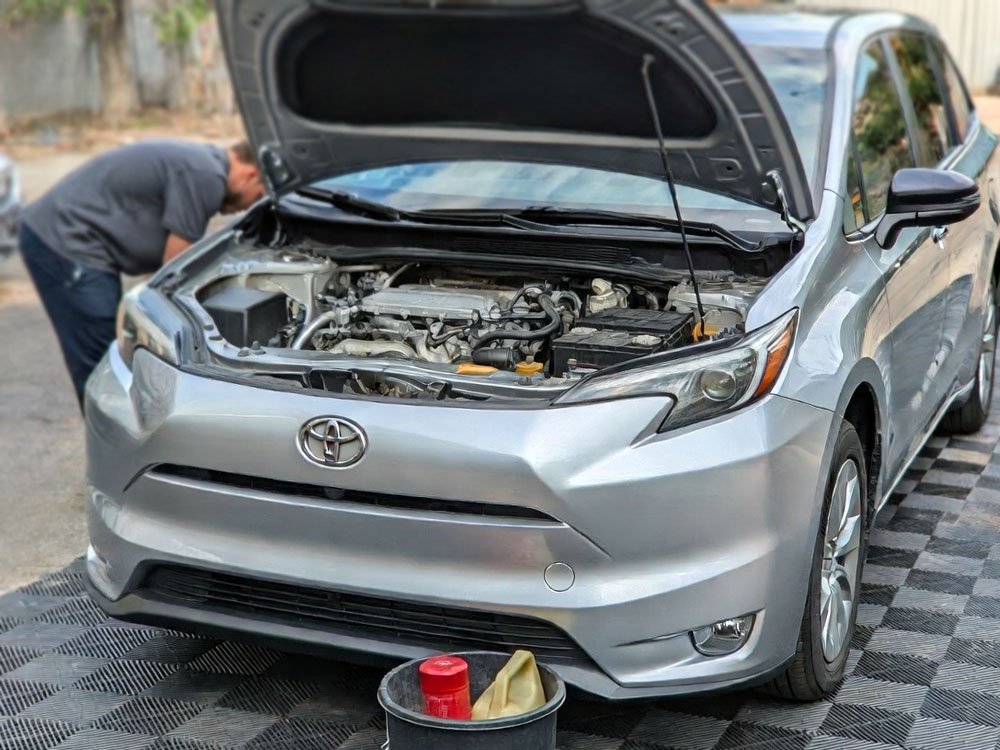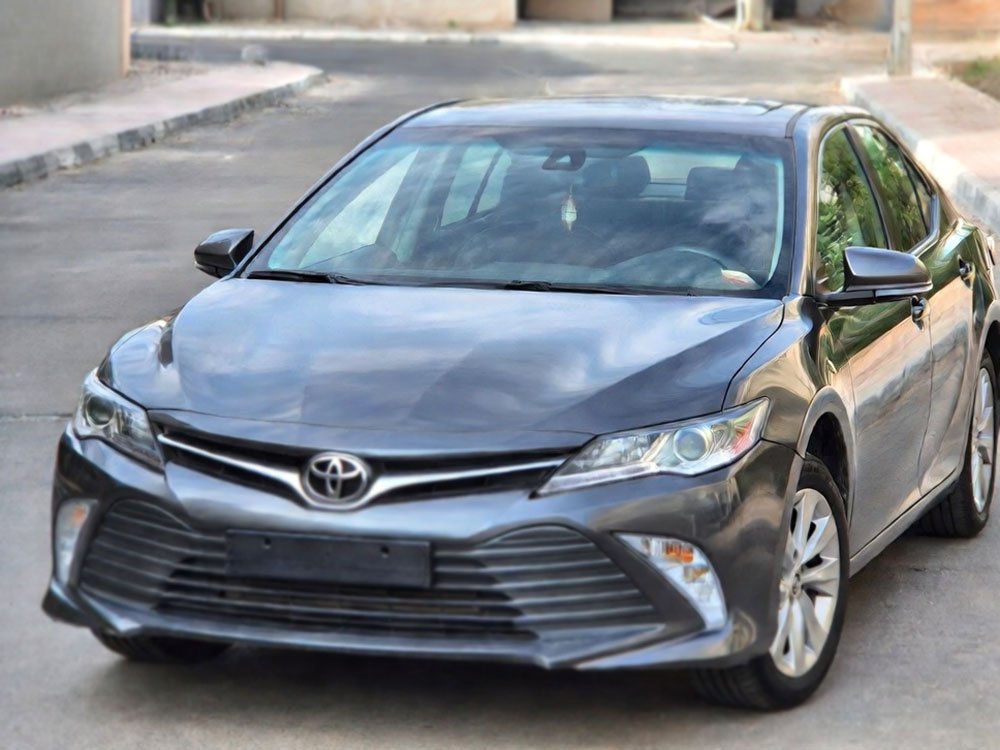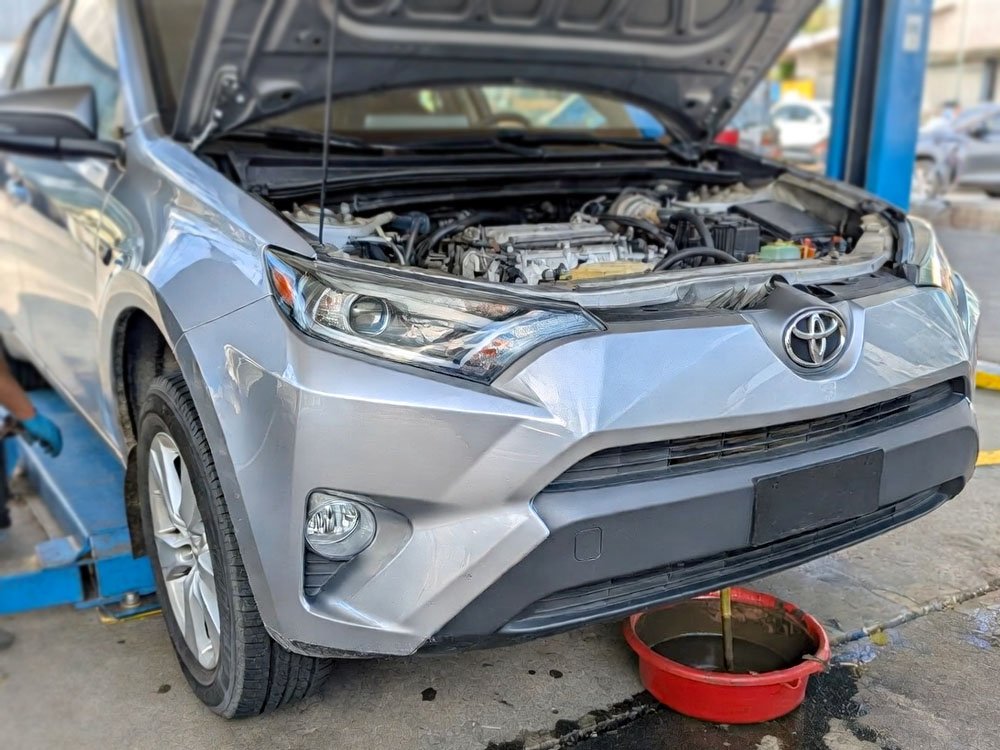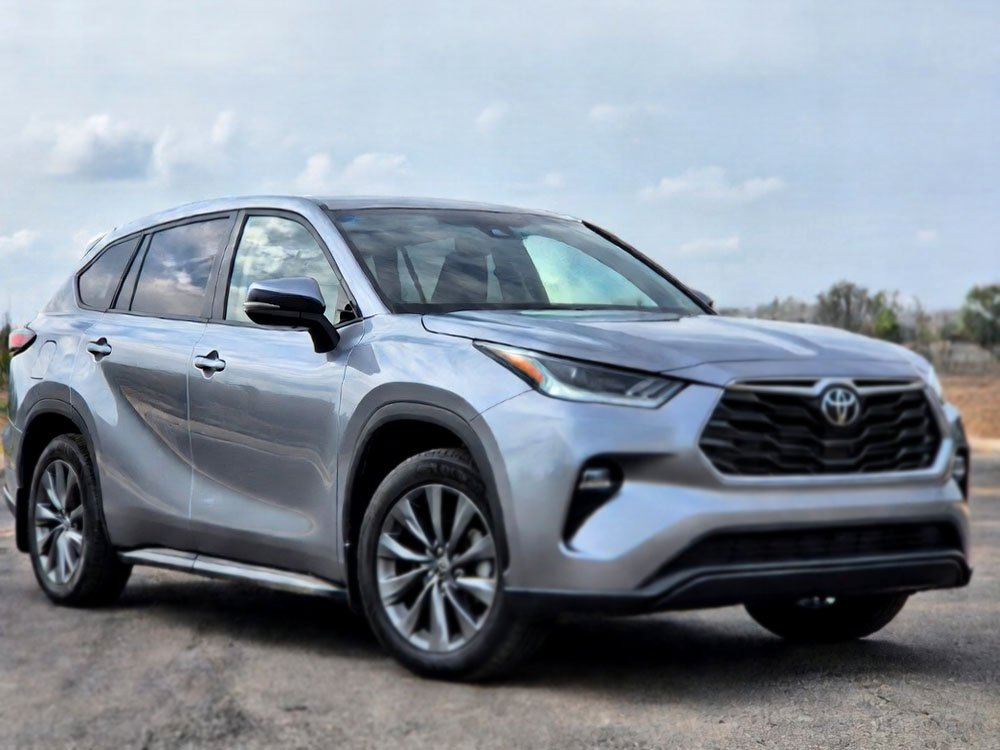As an Amazon Associate, I earn from qualifying purchases at no extra cost to you.
Car Makes Whining Noise When Starting Cold: Fix It Now!
Ever noticed a strange whining noise when you start your car on a cold morning? You're not alone! It's a common issue that can be a bit mysterious. But don't worry – this guide will help you understand what's going on under the hood and how to fix it. Let's dive in!
Common Causes of a Car Making a Whining Noise When Starting Cold
Starting your car on a chilly morning should be a simple, stress-free experience, but that annoying whining noise can throw a wrench in your plans. If you've been hearing a high-pitched sound when you start your car after it's been sitting in the cold, you might be wondering what's causing it and whether it's something to worry about. Let's break down some of the most common reasons why cars make this whining noise when starting cold.
1. Power Steering Pump Problems
One of the most common culprits for a whining noise in cold conditions is the power steering pump. This component is responsible for helping you steer the car easily by providing hydraulic assistance. When the weather turns cold, the fluid in the power steering system becomes thicker, and this increased viscosity can make it harder for the pump to operate smoothly.
A cold power steering fluid doesn't flow as easily, which puts additional strain on the power steering pump when the car starts. This strain can cause the pump to produce a whining or squealing sound, especially when the steering wheel is turned. The noise is more noticeable in colder temperatures because the fluid is more viscous and doesn't lubricate the system as well.
In addition, low power steering fluid levels can exacerbate this problem. If your power steering fluid is low, it can cause air to enter the system, which can make the whining noise even worse. In extreme cases, this can lead to a complete failure of the power steering pump, which is an expensive repair.
What you can do: Check your power steering fluid levels regularly and top them off if needed. If the whining persists, it may be time to have your power steering pump inspected or replaced.
2. Worn Serpentine Belt
Another frequent cause of whining sounds in cold starts is a worn or loose serpentine belt. The serpentine belt is responsible for driving multiple components in the engine, including the alternator, air conditioning compressor, and power steering pump. When the belt is worn out or loose, it can slip slightly as the engine starts, especially in cold conditions when the rubber is stiffer. This slipping causes friction, and friction leads to the whining noise.
The serpentine belt is also subject to wear and tear over time, and cold weather can make the rubber more brittle and prone to cracking. If you've been noticing that your car has trouble starting or makes a whining sound during the initial startup, this could be a sign that your serpentine belt needs to be replaced or tightened.
What you can do: Have the serpentine belt inspected regularly. If it's worn, cracked, or loose, replace it. The good news is that replacing a serpentine belt is a relatively inexpensive repair.
3. Low or Contaminated Transmission Fluid
Your car's transmission is another important area that could be causing the whining noise. When transmission fluid is low or contaminated, it can lead to a whining or whining-like noise, especially when starting the vehicle in cold temperatures. The transmission fluid works to lubricate the various moving parts inside the transmission, but when it becomes low or dirty, it can't lubricate as effectively.
In cold weather, transmission fluid thickens, and this thick fluid can make the transmission work harder to shift gears. The whining sound you hear might be the transmission trying to overcome this resistance. While this issue can be temporary, if the fluid level remains low or the fluid is dirty for an extended period, it could lead to more serious transmission problems, such as overheating or component failure.
What you can do: Regularly check your transmission fluid levels and ensure that it's clean. If the fluid is dark or smells burnt, it's time to change it. If the whining noise persists, have the transmission system inspected.
4. Dirty or Clogged Air Filters
Air filters are essential for ensuring that your engine gets a proper air-fuel mixture. If your air filter is clogged or dirty, it can affect how the engine runs, particularly during startup. In cold temperatures, when the air is denser and more moisture is present, the air filter can become even more restrictive, causing the engine to work harder. This additional strain can result in unusual noises, including whining or whining-like sounds.
Clogged air filters can also cause a drop in engine power, which may lead to increased engine strain during startup. Over time, this could affect the engine's overall performance, and the whining noise could become more frequent.
What you can do: Check and replace your air filter regularly, especially in colder months when weather conditions can affect the filter's performance. If you're unsure how to do this, a mechanic can take care of it for you.
5. Faulty Alternator or Loose Alternator Belt
The alternator is another key component that can cause whining noises when starting the vehicle, especially in colder conditions. The alternator is responsible for charging the battery and powering the electrical systems in your car. If the alternator or its components, like the bearings or pulley, are worn or damaged, it can produce a high-pitched whining noise.
In addition, a loose or worn alternator belt can cause the alternator to work harder than usual. When this happens, you might hear a whining noise that intensifies as the car warms up.
What you can do: Have your alternator and alternator belt inspected. If the alternator is faulty, it may need to be replaced. A loose alternator belt should be tightened or replaced.
How to Diagnose the Whining Noise in Your Car
Diagnosing the source of a whining noise in your car can be a bit tricky, especially when the sound is only present during cold starts. However, with a bit of detective work, you can narrow down the potential causes and find a solution before the problem worsens. Here are some steps you can follow to help diagnose the whining noise:
Step 1: Pay Attention to the Sound
The first step in diagnosing any car problem is to carefully listen to the sound. Is the whining noise constant, or does it occur only when you turn the steering wheel? Does it fade away as the car warms up, or is it persistent? Pay attention to where the sound is coming from – the front of the engine, the power steering area, or somewhere else.
The more specific you can be about the nature of the noise, the easier it will be for a mechanic to pinpoint the problem. For example, a noise that only occurs when turning the steering wheel might point to a power steering issue, while a noise that gets worse as the car accelerates could indicate a serpentine belt problem.
Step 2: Check the Fluid Levels
Next, check the fluid levels in your car, especially the power steering and transmission fluids. Low fluid levels can cause various whining noises, and topping them off can sometimes resolve the issue. If you notice that the fluid is low, it's essential to check for leaks or other issues that might be causing the fluid loss.
Step 3: Inspect the Serpentine Belt
Take a look at the serpentine belt and check for signs of wear or damage. If you notice any cracks, fraying, or loose areas, it's time to replace the belt. A mechanic can perform a more thorough inspection and replace the belt if necessary.
Step 4: Check the Alternator
The alternator can also be a source of whining noises. If you suspect that the alternator is the problem, have it tested at an auto parts store or by a mechanic. Alternators can wear out over time, and if the bearings or pulley are damaged, they can create a whining sound.
Step 5: Get a Professional Diagnosis
If you've gone through the above steps and the noise persists, it might be time to bring your car to a professional mechanic. They can perform more advanced diagnostic tests to pinpoint the exact cause of the whining noise. Mechanics have the tools and experience to identify issues that might be hard for the average car owner to detect.
Solutions to Fix a Car That Whines When Starting Cold
Once you've identified the source of the whining noise, the next step is figuring out how to fix it. Depending on the cause, there are a few solutions that can help eliminate the noise and get your car running smoothly again.
1. Top Off Power Steering Fluid
If the whining noise is caused by low power steering fluid, the solution is simple: top off the fluid. Check the power steering fluid reservoir and add more fluid if necessary. Be sure to use the correct type of fluid for your vehicle. If the fluid level is consistently low, it could indicate a leak, which should be inspected and repaired.
2. Replace the Serpentine Belt
If the serpentine belt is the culprit, replacing it is the best solution. A worn-out belt can cause all sorts of issues, from whining noises to complete engine failure. Replacing the serpentine belt is a relatively simple and inexpensive repair, but it's best to have a mechanic handle the replacement if you're not comfortable doing it yourself.
3. Change the Transmission Fluid
If contaminated or low transmission fluid is the problem, a fluid change may be all that's needed to eliminate the whining noise. Make sure to use the correct type of fluid for your vehicle, and don't forget to check the fluid level regularly. If the whining noise persists after changing the fluid, it could indicate a deeper issue with the transmission that requires professional attention.
4. Replace the Alternator
If the alternator is causing the whining noise, replacing it might be necessary. Alternators can last for a long time, but like any other component, they eventually wear out. A new alternator will restore proper function and eliminate the whining noise. If the alternator belt is loose or worn, tightening or replacing it can also help resolve the issue.
5. Regular Maintenance
The best way to prevent whining noises and other car problems is by staying on top of regular maintenance. Changing fluids, inspecting belts, and keeping your car in good condition will help prevent most issues from developing. Make sure to have your car inspected regularly by a professional mechanic to catch potential problems before they become expensive repairs.
I hope this article helped you understand the reasons behind that annoying whining noise when starting your car on a cold day. With a little maintenance and attention, you'll be able to tackle the issue and keep your car running smoothly!
Frequently Asked Questions
Is it normal for my car to make a whining noise in the cold?
No, it's not normal for your car to make a whining noise in the cold. The sound may be caused by issues like low power steering fluid, a worn serpentine belt, or low transmission fluid.
Can a loose serpentine belt cause a whining noise?
Yes, a loose or worn serpentine belt can cause a whining noise. If the belt is slipping, it generates friction, which leads to the whining sound.
Do I need to replace my power steering pump if it’s whining?
Not necessarily. If the whining noise is due to low fluid or air in the system, topping off the power steering fluid might solve the problem. However, if the power steering pump is damaged, it may need replacement.
Is it safe to drive a car that makes a whining noise at startup?
It depends on the cause of the noise. If the noise is due to low fluid levels or a worn belt, it may be safe to drive for a short time, but it's best to have it checked by a mechanic to avoid further damage.
Can a dirty air filter cause a whining noise?
While a dirty air filter can lead to engine strain and reduced performance, it typically doesn't cause a whining noise. However, it's still a good idea to replace the filter to keep your engine running smoothly.
Do I need to worry if my car makes a whining noise when it starts cold?
It's important to pay attention to the noise and check for underlying issues, like low fluid levels or worn components. If left unchecked, these issues could worsen and lead to more costly repairs.
Can low transmission fluid cause a whining noise at startup?
Yes, low or dirty transmission fluid can cause a whining noise. If the fluid is old or low, it can affect the transmission’s ability to lubricate properly, leading to a whining sound during startup.
Is it okay to drive my car if the alternator is making a whining noise?
If the alternator is making a whining noise, it's important to get it inspected. A failing alternator can lead to other electrical issues, so it's best to have it checked as soon as possible.





